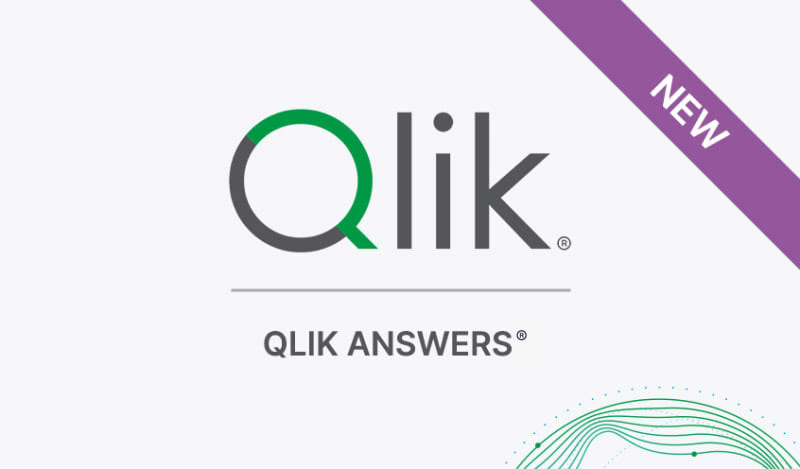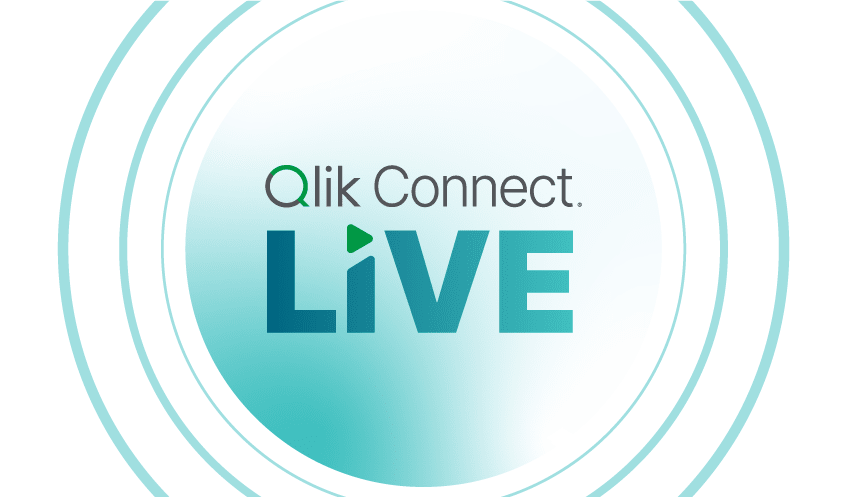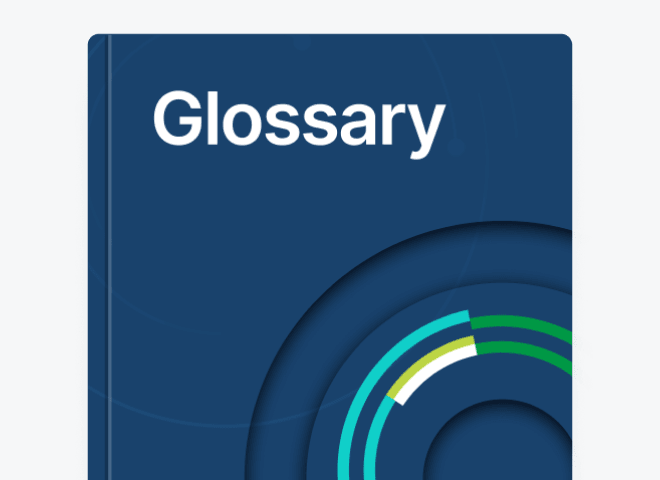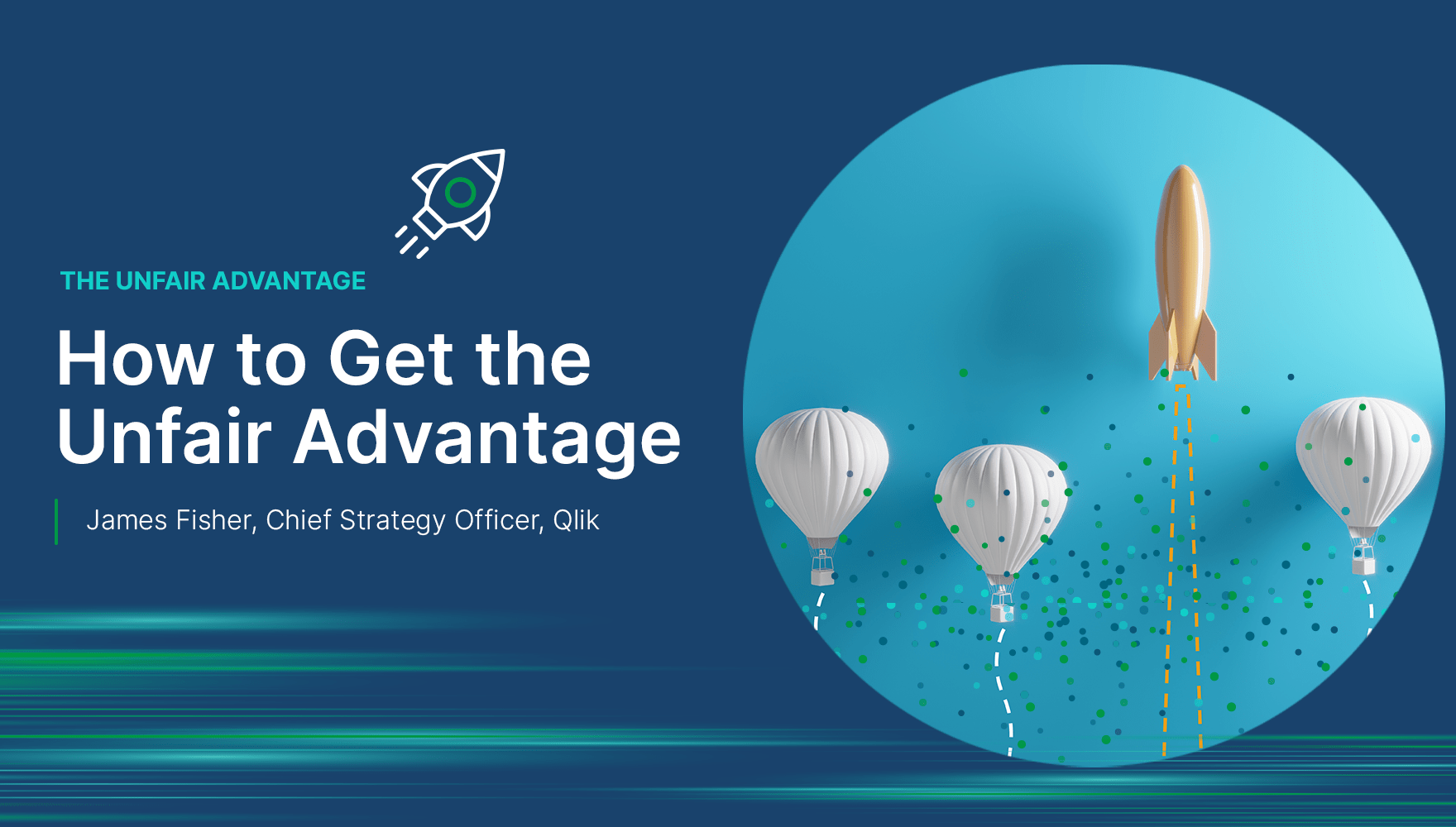Do you ever feel like some organizations have achieved success mainly due to luck and circumstance? Did Google get the edge because its founders were fortunate to be working on search engine technology just as the internet was exploding in the late 1990s? Did Airbnb get to where they are now because the 2008 financial crisis led many people to look for additional sources of income, making the idea of renting out a spare room more appealing? Would Zoom be the dominant video conferencing tool, if it weren’t for the pandemic?
When you look at stories of great success like these, emotionally it’s tempting to feel like these companies just got the “unfair” advantage – that lucky, elusive edge that set them apart and put them ahead of their competition and into the hearts of their customers. But often, it is something else…
Leveraging input from industry leaders who have done it for their own companies, or enabled it for others, we will dive into some unique strategies and insights to help give your organization that market edge and competitive advantage. We will look at it through many different angles, for example: best practices for the technology you acquire and how to optimize your partner ecosystem; how to draw from others’ experiences, in the boardroom or in life, to overcome adversity; how to hire, nurture and retain the best talent, and how to deliver an optimal customer experience.
Whether unfair advantages are gained through technology, a strategic partnership, or an exclusive access to critical resources, or something else entirely, it can end up transforming market dynamics and redefine what it means to lead in an industry.
Going back to my Zoom example… While they certainly benefited from the exponential demand brought on by pandemic, their video conferencing solution wasn’t the only one available on the market, or even the first. The secret to their impressive success is due to something else: a simpler, better and higher-quality user experience. So, unfair advantages can sometimes be “second mover” advantages: ultimately, it’s more important to be the best than the first, and it’s another angle I am keen to explore in a future post...
So, as I dive in this topic, I am interested in your perspective as well: what do you think can give a company the edge? Maybe your organization has the unfair advantage? If so, please reach out and tell me more, and with your permission, your testimonial may be featured in a future post!
In this article:
Executive Insights and Trends












































